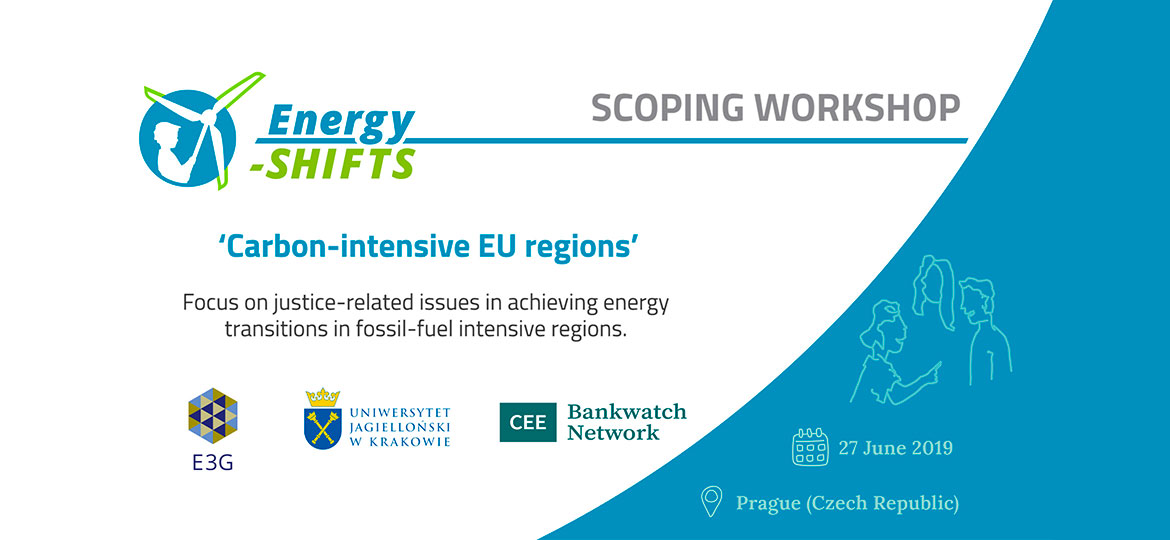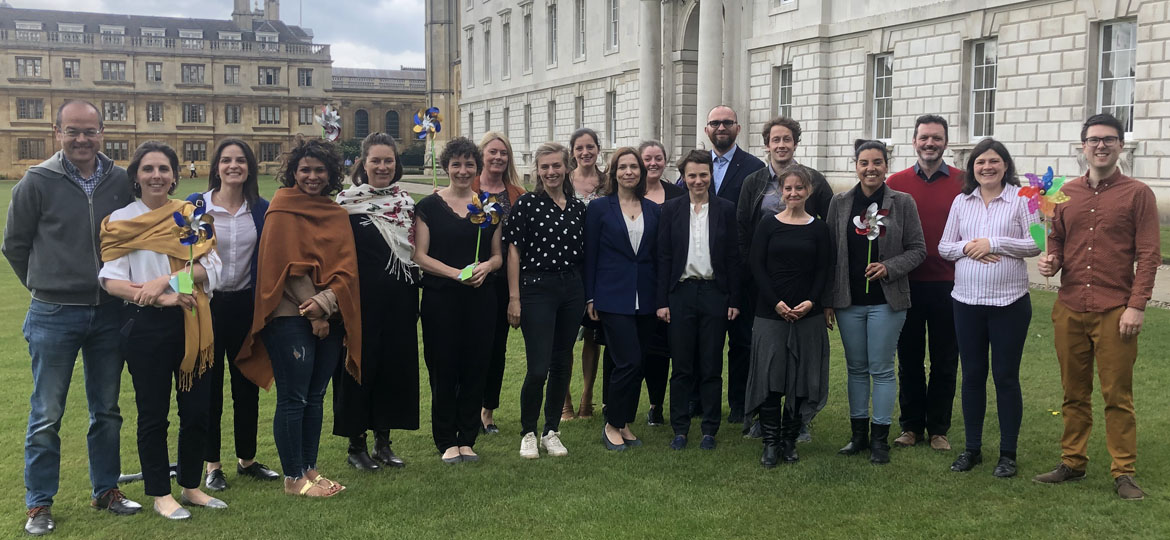This one-day Energy-SHIFTS workshop will take place on 25th June in Brussels.
Decarbonization of the transport sector is central in the transformations to sustainable societies, but is often discussed as a technological challenge.
By contrast, the aim of this workshop is to discuss how processes and outcomes of transport transition efforts can be made inclusive and just. In 2016, transport accounted for about a third of the EU’s energy consumption and a fourth of greenhouse gas emissions.
Transition to low carbon and sustainable transport solutions is therefore a key target area in EU policy, as well as national and urban strategies across member states.
For instance, the Strategic Energy Technology (SET) Plan aims to ‘diversify and strengthen energy options for sustainable transport’. Across Europe, steps are therefore being made to foster low carbon transport modes.
Actions include development and appropriation of new transport technologies, such as smart transport systems, electric mobility, or biofuels and other renewable fuels, as well as efforts to change mobility practices by promoting cycling, walking, public transport or new sharing practices.
Transport technologies, infrastructures and interconnected mobility practices are however potential sources of societal divisions. Transport is political – it can exclude and marginalize social groups, reinforce gender inequalities, generate (transport) poverty and create unequal distributional effects.
Research and innovation aimed towards low carbon transport solutions therefore needs to anticipate and work to avoid such effects. Hence, transportation is clearly a topic that requires critical reflection from the Social Sciences and Humanities (SSH).
Aims, target and methodology
The objective of this one-day workshop is to discuss and tease out key issues connected to inclusive research and innovation of low-carbon transport solutions.
The workshop will gather researchers, policyworkers and civil society representatives from across Europe, who have considerably experience in the cross-cutting field of energy, transport, social inclusion and gender equality.
The workshop methodology will seek to foster interactive and practice-oriented discussions, the aim being to generate new insights for researchers, innovators and policy workers. Topics we aim to address include:
-
- Current state of research/evidence-base on inclusive design of low carbon transport solutions
- Good practices for inclusive engagement in research and innovation
- Main challenges for inclusive engagement
The lessons drawn from these discussions will guide further work in the Energy-SHIFTS project, and be more broadly applicable to EU energy research and policy. The in-depth discussions will also nurture new and strong networks for future collaboration. The workshop will gather a diverse group of participants from different SSH disciplines, European countries and backgrounds. If you are interested to join this full-day workshop, please submit an Expression of interest via this sign-up link, deadline 17th of May 2019.
For further questions, please contact: roger.soraa@ntnu.no / ivana.suboticki@ntnu.no







